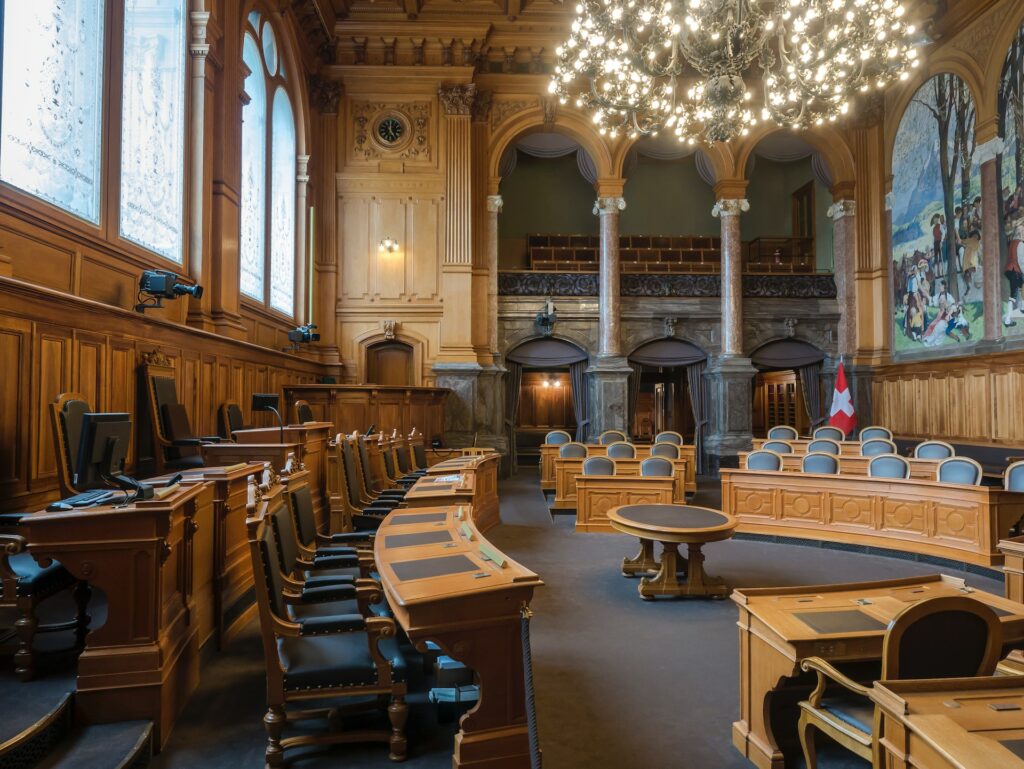
(Rightallegiance.com) – In a recent development concerning the aftermath of the January 6, 2021, events at the U.S. Capitol, Peter Navarro, a former advisor to ex-President Donald Trump, faced significant legal repercussions.
Navarro, known for his role in trade and manufacturing policy advisement during the Trump administration, was subject to a judicial sentence for his non-compliance with a subpoena issued by the House January 6 committee. This subpoena, integral to the congressional investigation into the Capitol riot, demanded Navarro’s testimony and relevant document submission, but he defied these orders.
U.S. District Judge Amit Mehta, overseeing Navarro’s case, imposed a four-month imprisonment sentence along with a $9,500 fine. This decision, although stern, was somewhat lenient compared to the prosecution’s request for a six-month sentence and a considerably larger fine of $200,000. Judge Mehta’s decision reflects a balance between enforcing legal accountability and acknowledging the unique circumstances of the case.
Navarro’s legal troubles began with his conviction in September for two counts of contempt of Congress. His indictment as a private citizen on June 2, 2022, stemmed from his refusal to comply with the subpoena, which specifically required his presence and document submission in early 2022. Despite these clear mandates, Navarro withheld the requested materials and declined to testify.
During the sentencing, Judge Mehta remarked on Navarro’s claims of a “two-tier system of justice” and his characterization of the Jan. 6 committee as a “kangaroo court.” Mehta expressed confusion over Navarro’s arrest method and skepticism over his defense involving executive privilege. He emphasized that executive privilege is not an absolute defense and criticized Navarro’s complete non-engagement with the committee.
Navarro, speaking at his sentencing, defended his actions by stating his belief that Trump had invoked executive privilege, placing him in a conflict between the legislative and executive branches. He expressed disappointment with the judicial process, citing his inability to present a full defense as a fundamental flaw in his trial.
The Department of Justice (DOJ) had recommended a six-month sentence, citing the gravity of Navarro’s actions, particularly his disdain for the committee’s authority and his premature claims of privilege. The prosecution argued that Navarro’s conduct demonstrated a belief that he was above the law and warranted a sterner sentence.
In contrast, Navarro’s defense attorney highlighted the complexity of the executive privilege issue, which is subject to further legal interpretation by the court of appeal. The judge noted differences in the handling of similar situations by other White House advisers, like Kellyanne Conway, who had a DOJ Office of Legal Counsel opinion to rely on, unlike Navarro.
On the day of his sentencing, Navarro referred to his case as a landmark constitutional case, addressing issues of separation of powers and presidential decision-making integrity. Facing over $1 million in legal expenses, he appealed to supporters for donations.
Navarro vowed to appeal the verdict, maintaining that his non-cooperation was due to Trump’s invocation of executive privilege, a claim barred from his trial by the judge. The defense requested a lenient sentence of probation and a $100 fine, pointing to Trump’s claim of privilege as putting Navarro in a difficult position.
Navarro’s case follows the conviction of another Trump aide, Steve Bannon, for similar charges. Bannon, also sentenced to four months, has remained free pending his appeal. Navarro’s sentencing came after the rejection of his bid for a new trial based on potential jury bias, a claim Judge Mehta found unsubstantiated.
This case underscores the ongoing legal and political ramifications of the January 6 Capitol riot and the complex interplay between executive privilege, congressional authority, and individual legal responsibility in the United States.